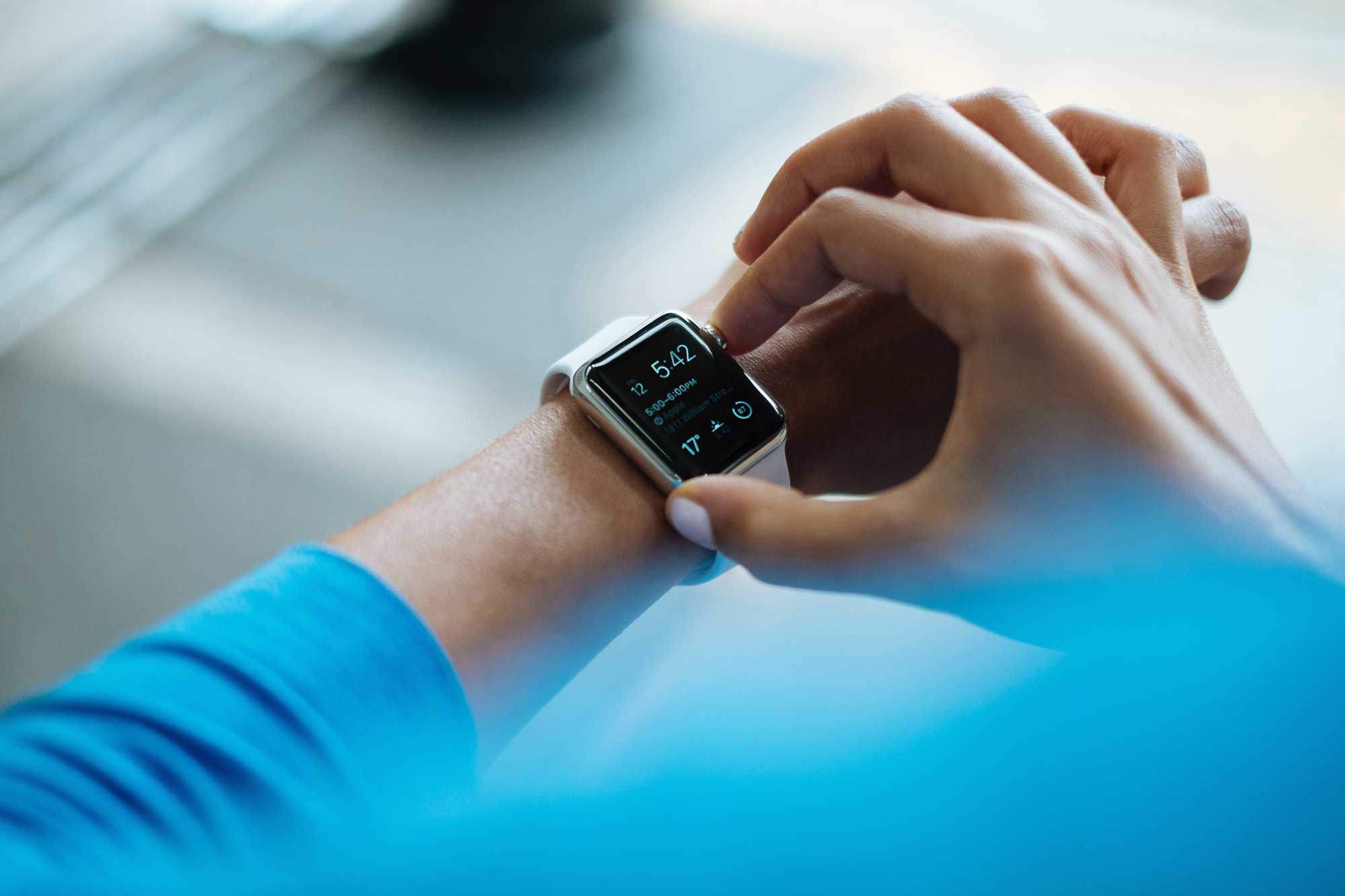
21 May Recovery from Endurance Events
I thought it was timely to revisit a post from last year after completing two long distance walks for charity recently. The first being a 25km walk for One Day to Conquer Cancer and the other The Bloody Long Walk being a distance of 35km. Here is a guide and break down of a way to a quicker recovery into four different stages.
Recovery Starts In The Training
Recovery starts before the race even begins. Being physically prepared for the walk, being well hydrated and a little bit carb loaded to help with the endurance aspect of the walk.
Training is especially important for long distance walks and doing long distance training sessions are especially important for a number of reasons.
1. They strengthen your joints and teach your body to burn fat instead of carbohydrates.
2. You will become aware of all the nuances that develop as the kilometres pass….like blisters, chaffing, etc.
3. The long distance sessions give your body a better chance of finishing the walk injury free.
4. You can focus on endurance and help develop a good pace. Hydrating your body the day before the event also ensures you give your body the best chance of staying hydrated on the day of the event. And eating food that is carb loaded will help your stop your body from crashing on the day.
During The Walk On Event Day
What you do during the race will affect how you feel afterwards. Smart pacing is not just a way to ensure a fast finish time, but it is also one of the keys to post marathon recovery.
If you start out too fast your body will burn a high percentage of carbohydrates and if this happens you become carb depleted and are most likely to “bonk”. Your muscles then become very inefficient at burning fat as fuel. If you have no carbohydrates as a fuel source, then your body will use protein, which then means you start breaking down muscle tissue as a fuel source. Leading you to feel exhausted for weeks after the event just not days.
So the pace is very critical, and to determine the right pace, you need to monitor how fast your training walks are, and then stick to them on the day of the walk. A good strategy is to start out at a good pace and then at around the halfway mark start picking up your pace. This way your overall time will be much faster than it would be if you started out fast and crashed in the second half, causing you to have a longer recovery.
During the race, it is also important to take in a little fluid every 15min and drinking or eating something carb loaded after the first 90min or so into the race. Keeping hydration up and supplementing carbohydrate stores will keep you muscles working efficiently, ensuring that you’ll burn fats and carbohydrates instead of muscle protein during the later stages of the race.
Post Walk Recovery
Once you have completed the walk make sure you eat or drink or both something that is easily digestible and high in carbohydrates. Foods like bananas, bread, bagels, yoghurt or a sports drink are all very suitable. Make sure you keep walking slowly afterwards, walk to your transportation, hotel or around in circles. It’s important not to sit down straight away, give your body a chance to cool down slowly. Do some gentle stretching of calves, hamstrings, quads and back.
Then once you get back to your place of rest, that night an ice bath or cold shower will help with the inflammation.
Take a couple of days off walking and easy for a couple of weeks after the big walk, or try a different exercise that use the muscles in a different way like cycling.
Mental Recovery
Some people experience a form of depression after an endurance event; it is well documented and completely normal. You have trained hard for the event, you have either smashed your expectations, come in on time or not done as well as you would have liked. Everyone has different expectations, and this can cause different responses in people. It’s important to take time for recovery and then get back into some gentle exercise. Because you know no matter how slow you go you’re still lapping everybody on the couch!
Sources
Dave McGovern www.racewalking.org

Sorry, the comment form is closed at this time.